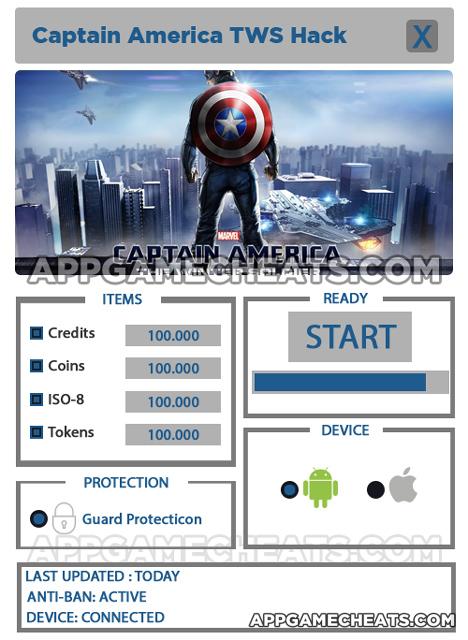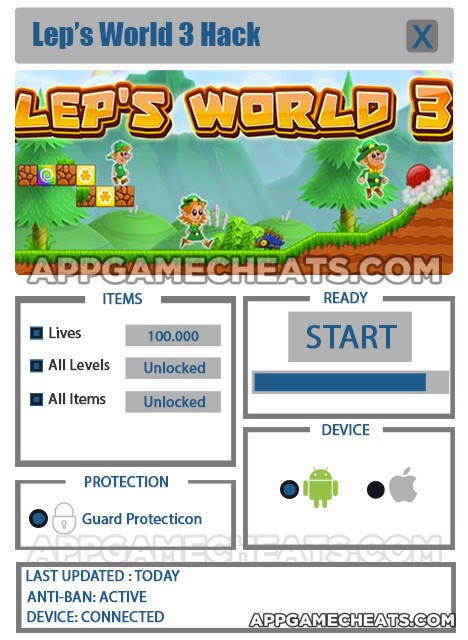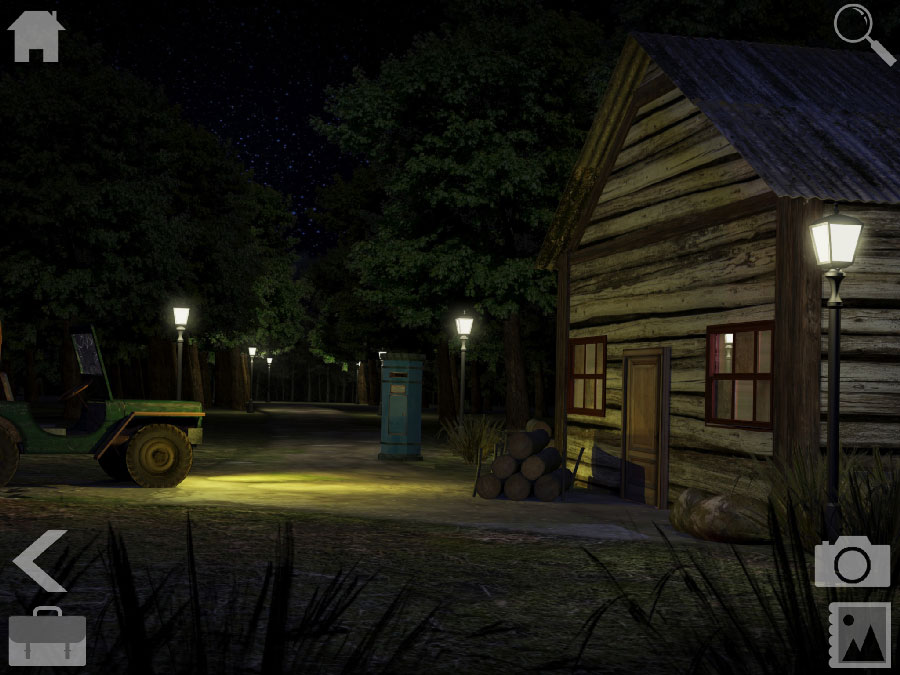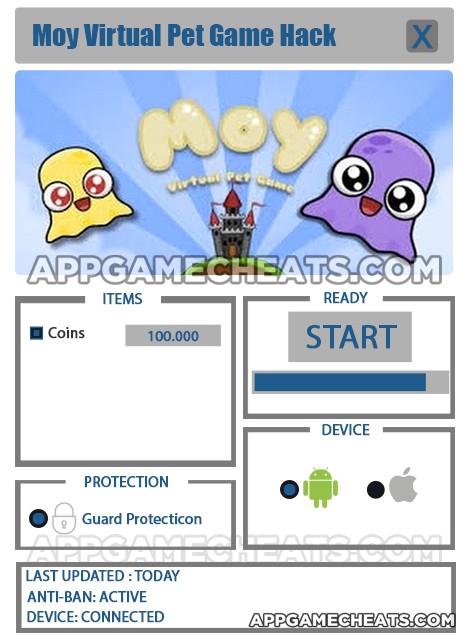

I have always considered that indie companies and developers are carrying the industry on their shoulders, even though the big companies take all the cheese, after all. However, if we wouldn’t have the dedication and innovation of independent developers, we wouldn’t have a games industry and, even more, we would slowly turn into sequel gamers. Chains, a simple yet addictive and painfully charming puzzle game developed by Ivan Traykov backs my introduction up.
Chains is a minimalistic match-3 puzzle game which stands out from the garbage bin filled with Bejeweld clones (or any other hit match-3 puzzler) by being different and actually trying to deliver something new! Online gaming has greatly advanced in recent years, but it is often the relatively basic puzzle games which prove to be the best. This game can be played on more or less any PC which has good internet capabilities, such as the latest O2uk Broadband, so it is certainly accessible to a wide audience. It is also highly addictive which, as any internet gamer will know, is the secret to game success. You might be surprised to find out how cool the feeling of playing a relatively old concept in a brand new and improved setting really is!
And that “brand new and improved setting” revolves around two major things: first, and the most important, is the physics based gameplay which adds some extra strategy into play and second is the use of different size pieces which will make your life a bit tougher, but the game experience much more enjoyable. This means that, in real time, you’ll need to have both a quick hand and some sort of strategy, as well as the capacity to change it: the puzzle pieces will move accordingly to gravitation when you clear a few off the board, and that could sometimes change your initial plans!
Also, Chains does not risk to become a boringly repetitive puzzle game, like most of the puzzlers do, since each level delivers a brand new challenge. So you will not only connect pieces together, but you’ll also have to balance a virtual scale (which means a bit of Maths is added into play), make sure you clear all the pieces on the board or simply keep it going for a few minutes without wasting any piece. These variations, although they might not sound (and are not) huge twists in the gameplay, will keep you going without getting bored of doing the same “connecting the dots” thing over and over again.
There are 20 levels delivered by the game and hopefully there are more in the works – or at least a level editor – since you will be done with the levels pretty fast, especially if you play the game on the easy mode (as I did). However, even without extra levels coming, Chains remains a highly replayable game because of the three different difficulty settings and its capacity to memorize your records. I’m sure you’ll wish to break them over and over again, which means extra play time. However, if you’re the kind of person who plays a game from start to finish and then loses interest, Chains might not be the perfect choice for you, since it’ll be over in 3 hours tops.
Visually, Chains keeps it simple to the bone: minimalist level design with strong, contrasting colors which will probably be some kind of a turn off for some, but those people would probably never enjoy the quality and uniqueness of the game in the first place, so it’s not quite a big loss. Lets just say that, despite it’s simple, minimalistic visuals, Chains is extremely enjoyable – and I definitely prefer such graphics instead of poorly done 3D.
The soundtrack is simply amazing and adds value to the game as any great soundtrack should do. The music is from L’Autre Endroit by Silence, a Belgian band I have never heard about until now, but things will certainly change: their music is great, thought provoking and simple, just like Chains itself – and that’s why they mix together so well. Check it out for yourself (and especially the five-level Chains demo) over at the game’s official website.
Conclusion
For a very low budget, independent game, Chains is a flawless title, with only one problem: it’s short length. Except for that, though, it is an incredibly crafted minimalistic puzzle which adds value to the 10 bucks it costs. A solid lesson of style, innovation and originality – exactly as every independent game should be done! Highly recommended!
Final rating:
Confused? Learn more about our rating system!




 Lep’s World 3 Tips, Cheats, & Hack for Lives, All Levels, & All Items Unlock - AppGameCheats.com
Lep’s World 3 Tips, Cheats, & Hack for Lives, All Levels, & All Items Unlock - AppGameCheats.com Can you keep old BBM Pin when switching to iPhone or Android?
Can you keep old BBM Pin when switching to iPhone or Android? Forever Lost: Episode 3 walkthrough Part 2 - The cabin
Forever Lost: Episode 3 walkthrough Part 2 - The cabin Moy Virtual Pet Game Tips, Cheats, & Hack for Coins - Newest Working Hack - AppGameCheats.com
Moy Virtual Pet Game Tips, Cheats, & Hack for Coins - Newest Working Hack - AppGameCheats.com Icon Pop Quiz – TV and Film Level 5 Answers 48/48
Icon Pop Quiz – TV and Film Level 5 Answers 48/48